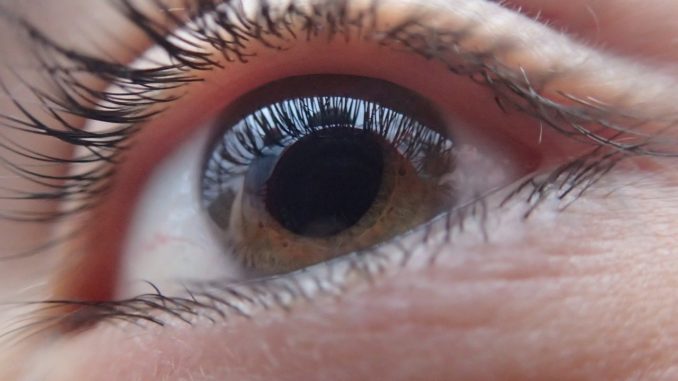
A new investigation suggests that CCGs in England are disregarding clinical guidelines by rationing access to cataract surgery
According to The BMJ, clinical commissioning groups (CCGs) in England are ignoring clinical guidelines by rationing access to cataract surgery.
It is the latest investigation by The BMJ to lift the lid on NHS rationing driven by financial pressures, and follows recent research which found over half of CCGs in England included cataracts in lists of treatments they deem to be of ‘limited clinical value’.
Cataract surgery is the most common operation in the NHS, with over 400,000 procedures performed every year in the UK. Guidance from the National Institute for Health and Care Excellence (NICE) says it is cost effective and should not be restricted to more severe cases.
Yet The BMJ has gathered new evidence that patients are being screened and those not meeting visual acuity thresholds are being denied surgery.
The BMJ asked each of England’s 195 CCGs how many requests for prior approval or exceptional funding they received over the past three years for cataract surgery, and how many of these requests were approved.
The analysis showed that rationing has actually increased in parts of the country since NICE’s guidelines were published, with patients increasingly having to meet strict criteria before they can be referred for surgery.
Among the 185 CCGs that provided data, the investigation found that almost 2,900 prior approval or individual funding requests for cataract surgery were rejected last year, more than double the number two years ago.
And figures from the 132 CCGs that provided comparable data reveal that more than a fifth (22%) of the total number of cataract operations carried out in England in 2018-19 were screened beforehand, three times the number in 2016-17 (seven per cent).
Mike Burdon, president of the Royal College of Ophthalmologists who also chaired NICE’s guideline committee, said the criteria being applied for cataract surgery by some CCGs to control costs was a false economy. “There’s a cost to the patient and the cost to society from even minor visual loss, and that’s what NICE identified.”
But Graham Jackson, co-chair of NHS Clinical Commissioners, points out that performing surgery is not without risk, and says a clinical threshold “is a good way of defining which patients would best be served by (in this case) cataract removal.”
However, a Department of Health and Social Care spokesperson said that commissioners “should take the latest NICE guidelines into account, to ensure fair and consistent access to the best possible treatment for all cataract patients.”
The BMJ’s investigation also found widespread local variation in how referrals for cataract surgery are processed. For example, some CCGs require no prior approval or individual funding request to refer patients, but others process and reject hundreds of referrals in this way.
Nicholas Wilson-Holt, consultant ophthalmologist at Royal Cornwall Hospitals NHS Trust and a former member of the NICE guideline committee, said the prior approval process is “acting as a barrier and it’s not in the spirit of the recommendations.”
He added: “It makes people question the value of having NICE guidance, if we take a ‘pick and mix’ approach to which areas we adopt.”
Don’t forget to follow us on Twitter, or connect with us on LinkedIn!

Be the first to comment